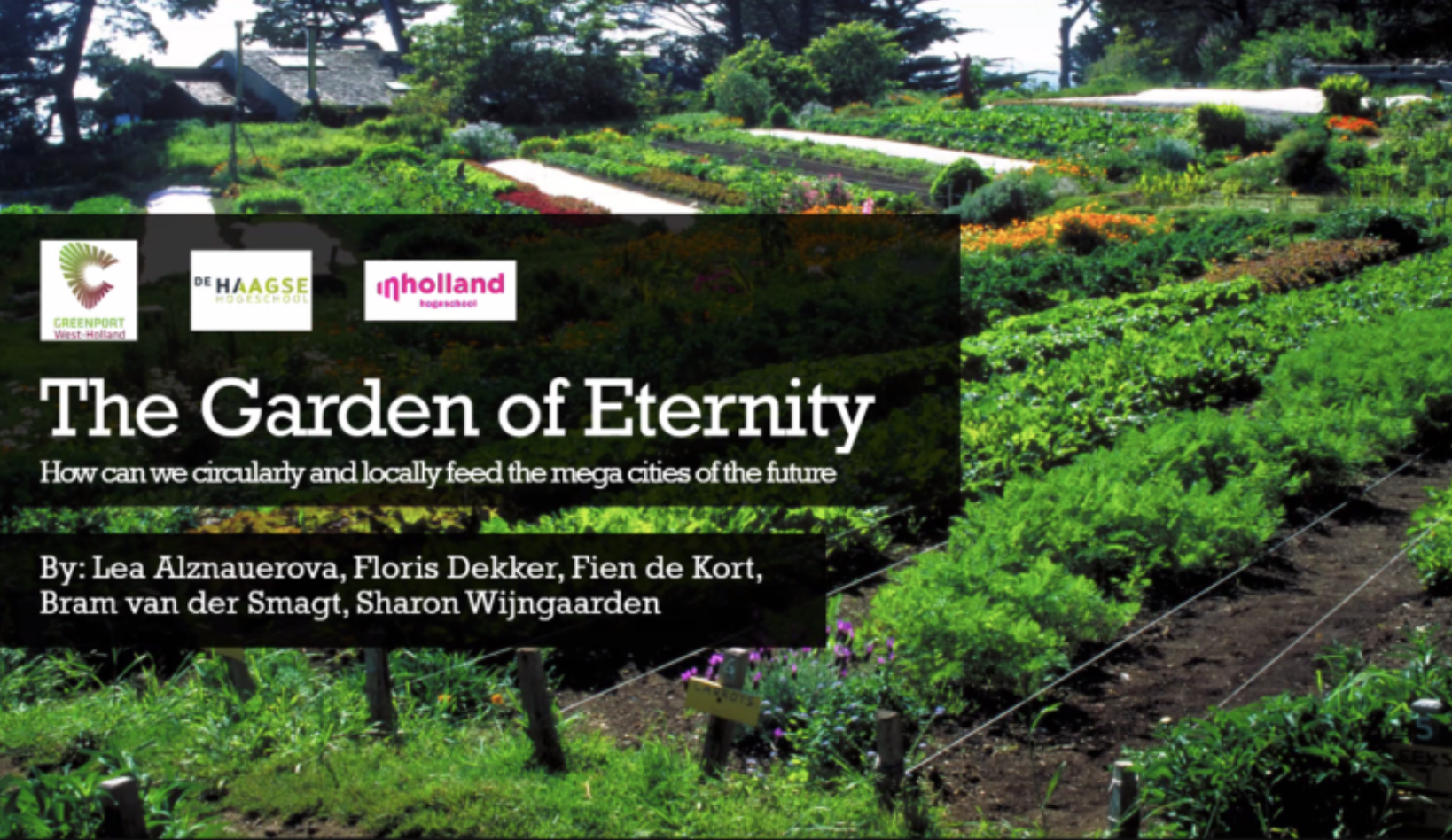Students help horticulturists create a circular future

The Hague University of Applied Sciences, the municipality of Waddinxveen and Greenport West-Holland are putting together their knowledge.
In February 2021 students of The Hague University of Applied Sciences will start a project with an important mission: to realize a sustainable and circular future. The Mission Zero (MZ) Knowledge Center of The Hague University of Applied Sciences, the municipality of Waddinxveen and Greenport West-Holland share this mission, and decided to formulate an assignment for students. They take up the challenge through research and the creation of innovative models, visions of the future and pilots to demonstrate how they envision the future of circular ecosystems for plastics, horticulture and food. For horticultural entrepreneurs, this offers a unique opportunity to shape sustainable innovation and to be prepared for the future.
A circular economy runs on sustainable energy and reusable raw materials and materials. That is the system we want to grow towards as a society. In horticulture, however, there are still many residual flows that remain after the production process. They are central to this project. This is a wide range of flows that come directly from the different crops. In addition to inedible streams such as plastic, rope and substrates, residual streams also consist of biobased raw materials such as plant residues. Finally, there are residual flows that are basically edible, such as fruit and vegetables that have been damaged during harvesting or processing. With the efforts of the MZ students, the three partners hope to gain more insight into the residual flows from the horticultural cluster: which flows can we prevent (waste) and how we can make optimum use of unavoidable flows.
This offers opportunities for horticulturists in realizing the most circular possible business operations in order to prepare for the future.
More than just a dot on the horizon
The project fits well with the objectives of the two other partners: the municipality of Waddinxveen and Greenport West-Holland. Innovation is indispensable for future-proof (glass) horticulture. The Greenport's Circular Metropolis program also includes other projects that work together to achieve an important ambition: Feeding and Greening the Megacities. The results of the project can provide Waddinxveen with valuable insights for further shaping the municipal vision and commitment to sustainability and a circular economy.
Joined a number of students from InHolland, our students showed that they are able to build a vision for the future during the first Circular Economy Hackathon in February 2021. Their pitch won 1st prize from the professional jury with their Garden of Eternity!